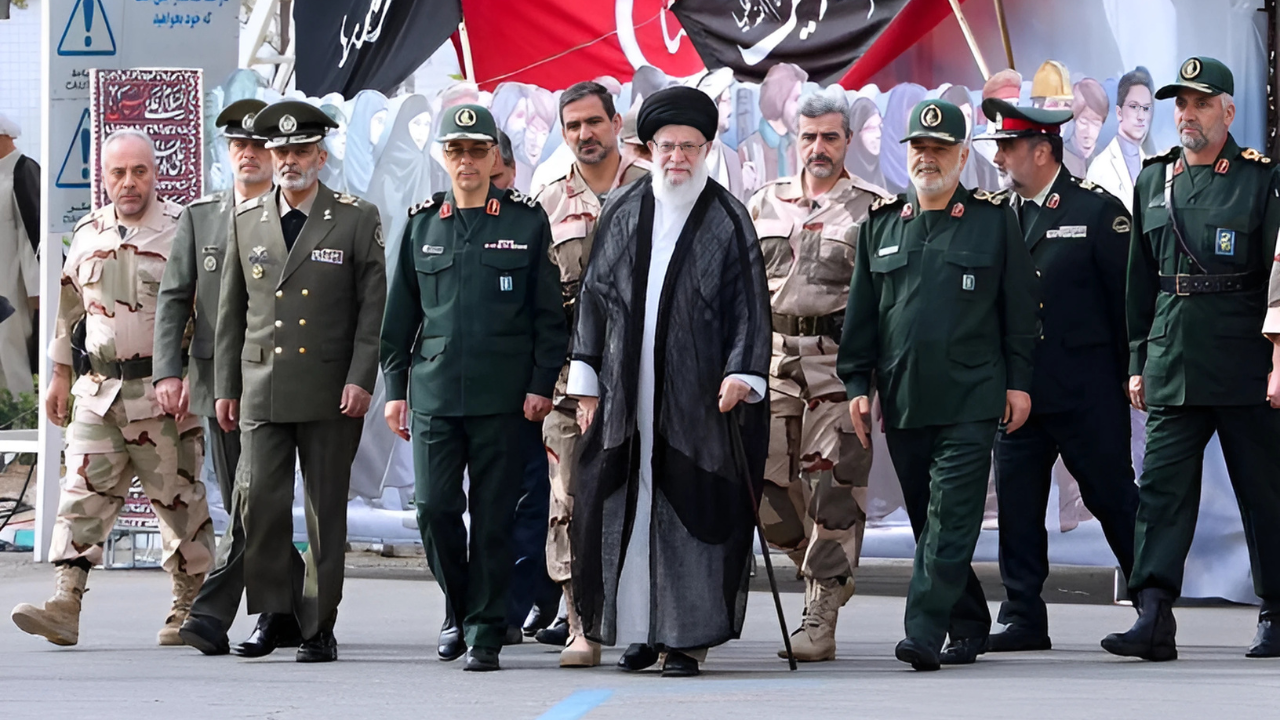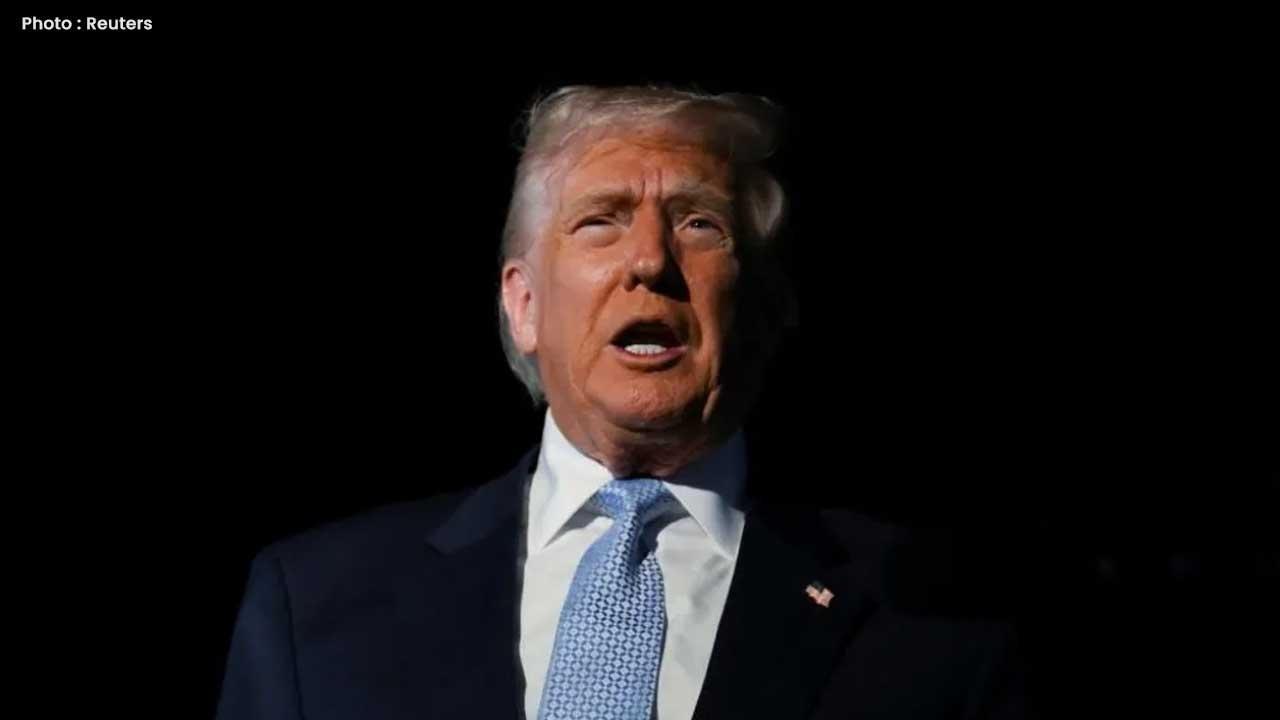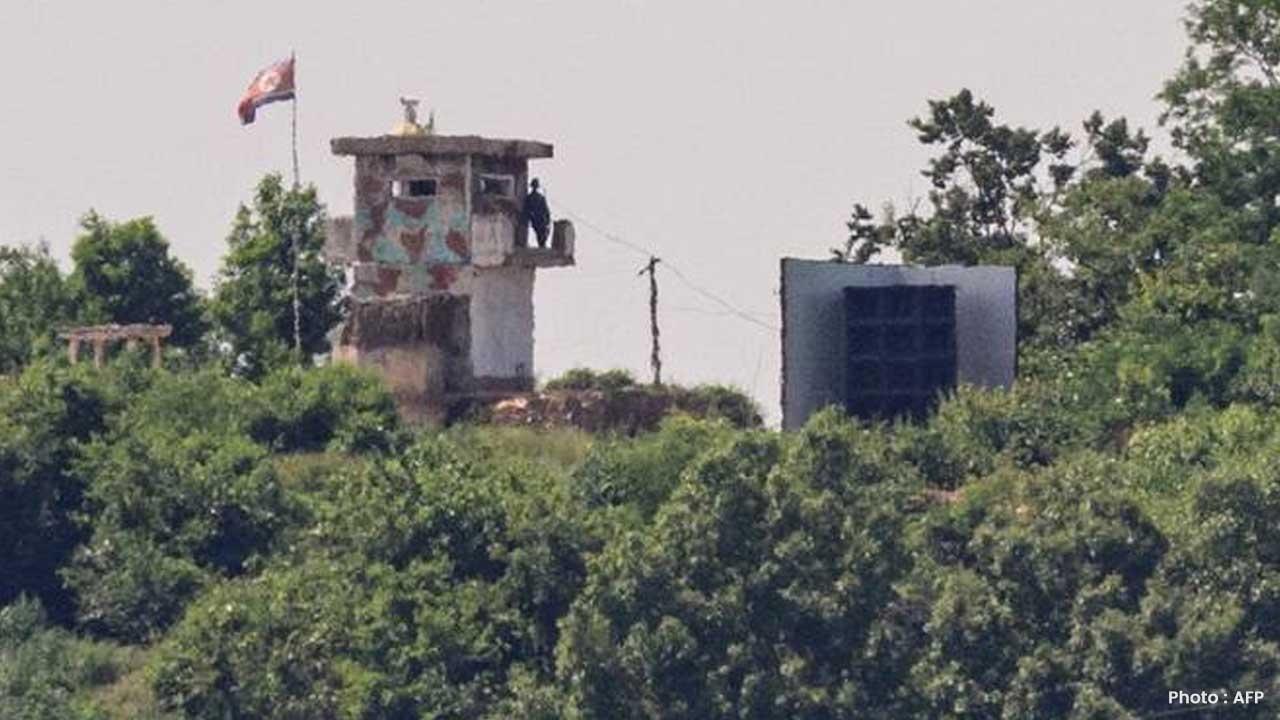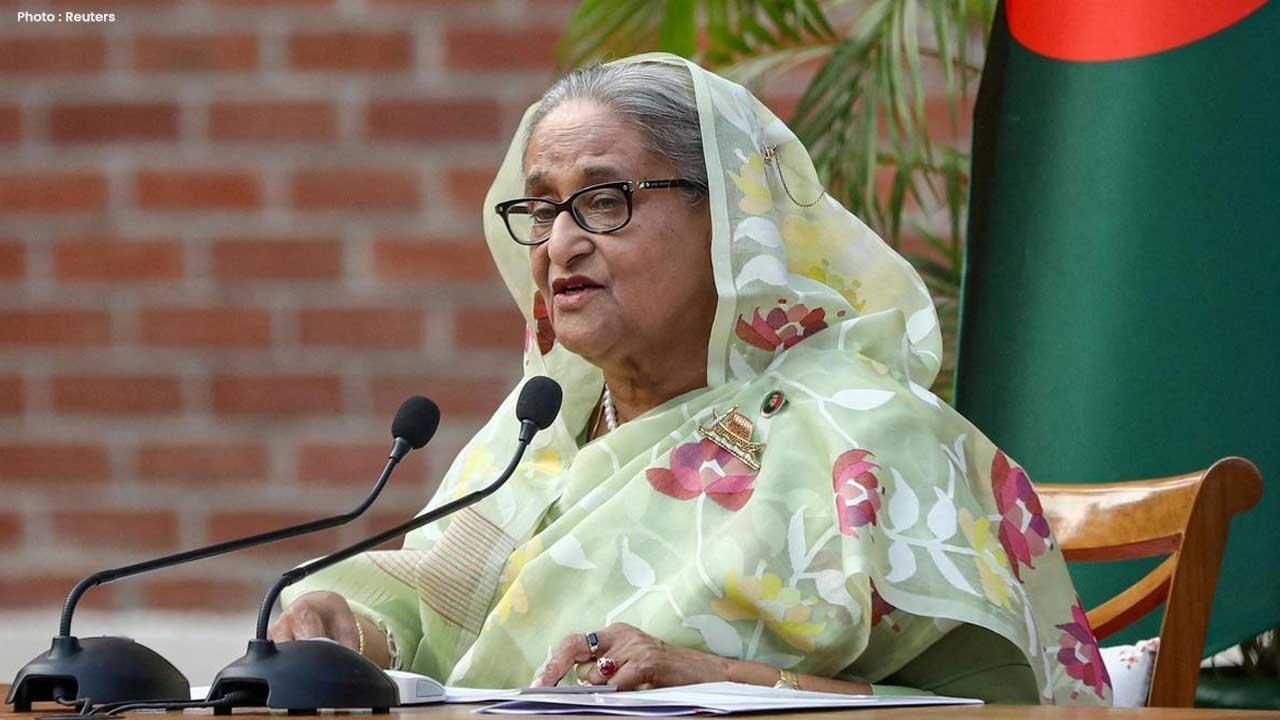
Post by : Naveen Mittal
Iran has carried out the execution of a man accused of spying for Israel, bringing the total number of similar executions this year to at least nine. Officials say the increase highlights growing concerns in the country over espionage and national security.
The man, identified as Shahbazi, was accused of working with Esmaeil Fekri, who had already been executed in June on similar charges. Both men were said to have been gathering sensitive information on behalf of Israel since early 2022.
This latest execution has once again put a spotlight on Iran’s strict policies against espionage, and how such cases are handled in the country’s courts.
Shahbazi’s case drew attention because of how he allegedly gathered information. According to reports, he worked as a contractor installing cooling systems and devices. Using this position, he reportedly gained access to server rooms and other sensitive facilities linked to Iran’s military and security networks.
Authorities claimed that Shahbazi secretly passed information to Israeli intelligence. They accused him of placing the country’s security at risk by targeting areas that dealt with critical data and national defense.
His defense lawyer had asked the Supreme Court to review the case and overturn the death sentence. However, the appeal was rejected, and the execution was carried out.
This is not the first time Iran has accused individuals of working with Israel. In fact, such cases have been reported more frequently in recent years. Iran and Israel have been long-standing rivals in the Middle East, with both sides accusing each other of covert operations.
Iranian officials claim that Israel tries to weaken Iran by carrying out sabotage, spying, and cyberattacks. On the other hand, Israel sees Iran as a threat due to its regional influence and its nuclear program.
The rise in espionage cases has fueled even more mistrust between the two nations, adding to an already tense situation in the region.
In Iran, espionage is considered one of the most serious crimes. Anyone found guilty of spying for a foreign country—especially for Israel, which Iran views as its biggest enemy—faces severe punishment, often the death penalty.
The government argues that spying threatens not only the country’s defense systems but also its political stability. By collecting information from inside sensitive locations, spies can expose weaknesses that could be used against Iran in military or cyber operations.
This is why people like Shahbazi, who had access to secure facilities through his job, come under heavy suspicion if accused of leaking data.
This execution follows several similar cases. In June, Esmaeil Fekri was executed after being accused of spying for Israel since 2022. Authorities said he worked directly with Israeli agents and passed on valuable information.
Reports suggest that in recent months alone, at least nine Iranians have been executed for being convicted of espionage. Most of them were accused of helping Israel or its intelligence agencies.
This sharp increase has raised concerns among human rights organizations, who argue that such trials often lack transparency and that defendants may not always receive fair hearings.
Some human rights groups outside Iran have questioned whether these cases are handled with proper legal protections. They argue that confessions in espionage cases are sometimes obtained under pressure, and that the trials move too quickly for the accused to properly defend themselves.
The Iranian government, however, defends its actions, saying it follows legal processes and that protecting the nation is more important than ever. Officials insist that espionage is a real threat and that harsh punishments are needed to deter others from working with foreign intelligence services.
For ordinary people in Iran, news of such executions creates a mix of reactions. Some see them as necessary steps to protect the country, especially given Iran’s long conflict with Israel. Others worry that the rising number of executions reflects deeper tensions within the country and its leadership.
Families of those executed often say they did not get enough chance to prove innocence, while supporters of the government believe these actions send a strong warning to anyone thinking of betraying national security.
Internationally, these executions are closely watched. Countries in the Middle East, as well as global powers, see them as signs of the ongoing shadow war between Iran and Israel.
Israel has not directly commented on Shahbazi’s case, but it has a long history of opposing Iran’s influence in the region. The two countries have clashed indirectly through conflicts in Syria, Lebanon, and elsewhere.
Some Western governments and rights organizations have called on Iran to show more transparency in its trials and to reduce its use of the death penalty, but Tehran has repeatedly dismissed these appeals.
The case of Shahbazi is more than just one execution—it reflects the deeper mistrust and rivalry between Iran and Israel. Espionage accusations are becoming more frequent, and Iran’s leadership is showing no signs of softening its stance.
The pattern of executions suggests that the government wants to send a message: anyone caught spying for foreign countries will face the harshest punishment. At the same time, the growing number of cases highlights how tense and fragile the situation remains in the region.
The execution of Shahbazi adds to a long list of Iranians punished for alleged ties to Israel’s intelligence services. While Iranian authorities say these actions are necessary to protect the nation, critics argue that the trials are not always fair.
What is clear is that Iran and Israel remain locked in a dangerous rivalry, one that often plays out in the shadows through espionage, sabotage, and covert operations. And as this latest case shows, the cost of being accused of spying in Iran is often death.










Oscar Discharged from Hospital After Cardiac Scare
Former Chelsea star Oscar is out of the hospital following heart issues; Sao Paulo affirms his stabi

Tributes Pour in for Paige Greco, the 28-Year-Old Paralympic Star
Paige Greco, a gold medallist from the Tokyo 2020 Paralympics, tragically passed away at 28, leaving

Eagles Secure 16-9 Triumph Over Lions with Late First-Half Touchdown
The Philadelphia Eagles captured a 16-9 win against the Detroit Lions, thanks to Jalen Hurts' pivota

Baltimore Ravens Triumph with Andrews' Game-Sealing Touchdown
Mark Andrews' stunning 35-yard touchdown run in the fourth quarter propelled the Ravens past the Bro

Purdy’s Stellar Comeback Powers 49ers Past Cardinals
Brock Purdy shines in his return, guiding the 49ers to a decisive 41-22 win over the Cardinals with

Brendan Doggett Poised for Ashes Test Debut
Brendan Doggett's journey from carpenter to Test debutant is inspiring. He’s set to join Australia i